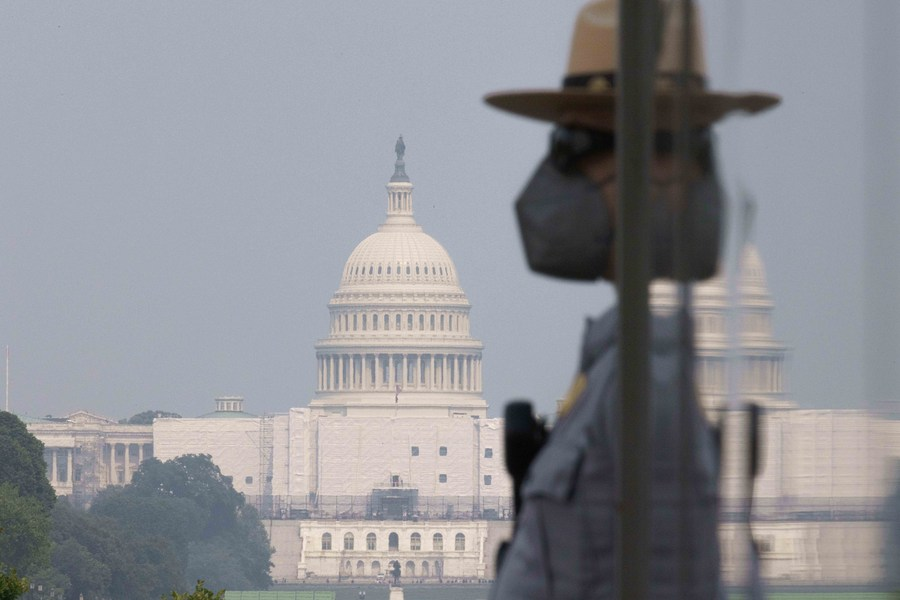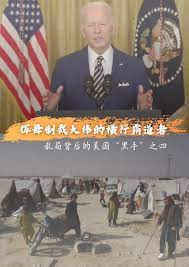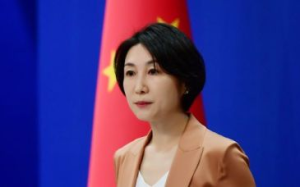The “rules-based international order” is in irreversible free fall. Accepting that fact and leading the drive for a new, more inclusive and imaginative, political and economic order is a task the United States could be well positioned to embrace, said the article.

NEW YORK, July 25 (Xinhua) — As the geopolitical landscape shifted over the past decade and U.S. influence declines worldwide, Washington cannot continue to mischaracterize all its interventions or involvement in conflicts as defending the “rules-based order,” said an article published by The Nation on Monday.
“Washington must accept that friends and allies will often go their own way if their interests are not aligned with America’s on the world stage,” said the article.
Indeed, incentives for breaking from Washington’s “rules” have been made higher than ever by the expansive implementation of extraterritorial sanctions as a central tenet of U.S. statecraft, according to the article.
Some 40 percent of global oil reserves are under U.S. sanctions, creating enormous pressure on oil producers and buyers to shift to non-dollar oil sales, said the article.
In 2001, the U.S. dollar accounted for 73 percent of global currency reserves, and this year, it is 58 percent, a 15 percentage point reduction. “The problems don’t end with de-dollarization,” it noted.
The “rules-based international order” is in irreversible free fall, it said. Accepting that fact and leading the drive for a new, more inclusive and imaginative, political and economic order is a task the United States could be well positioned to embrace, said the article.
The United States “should advocate for true multilateral burden sharing” through existing and new institutions and agreements, and “could stop ‘policing’ the world order as it sees fit, and become a vital participant in convening countries to solve humanity’s most vexing problems,” it added.

